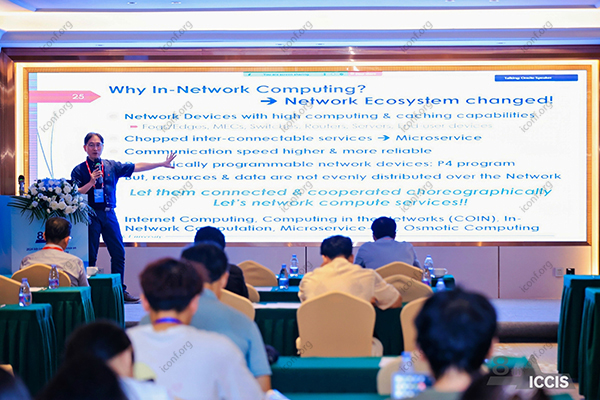

300 views||Release time: Jul 25, 2025
Answering questions at an international academic conference can be one of the most nerve-wracking parts of your presentation—especially if you're presenting in a second language or speaking to experts in your field. But with the right mindset and preparation, the Q&A session becomes an opportunity to showcase your confidence, expertise, and professionalism.

Before the conference, review your paper and identify:
Unresolved issues
Methodological choices
Limitations or assumptions
Prepare clear, concise responses to possible challenges. Practicing with colleagues can simulate realistic scenarios and help you refine your answers.
During Q&A, stay focused and:
Let the person finish their question completely
Clarify if you didn’t fully understand (especially with heavy accents or fast speech)
Politely ask: “Could you please repeat or rephrase that?” if needed
Taking a short pause before answering also helps you organize your thoughts.
Respond with a simple structure:
Acknowledge the question (“That’s an important point.”)
Answer clearly using non-technical language where possible
Connect the answer back to your research purpose or results
Avoid going off-topic. A focused answer shows confidence and respect for time.
If challenged:
Stay calm and professional
Respond with evidence or logic, not emotion
If you don’t know the answer, it’s okay to say:
“That’s a great question and I’ll need to explore it further. I’d be happy to follow up after the session.”
You don’t need to have all the answers—academic growth involves open dialogue.
Speak slowly and clearly
Use transitional phrases like:
“To clarify…” / “Based on our results…” / “Our approach was designed to…”
Avoid jargon unless you're sure the audience understands it
Confidence in your tone often matters more than perfect grammar.
Sometimes questions continue after your presentation. Be open to follow-up discussions and connect with other researchers—this is a key part of the academic networking experience.
Mastering the Q&A session shows you're not just a researcher but also a communicator. With preparation, calm thinking, and the right strategies, you can handle even tough questions with confidence. If you're preparing to present at an international event and want to choose conferences that support researcher development, explore trusted academic platforms like iconf.com.